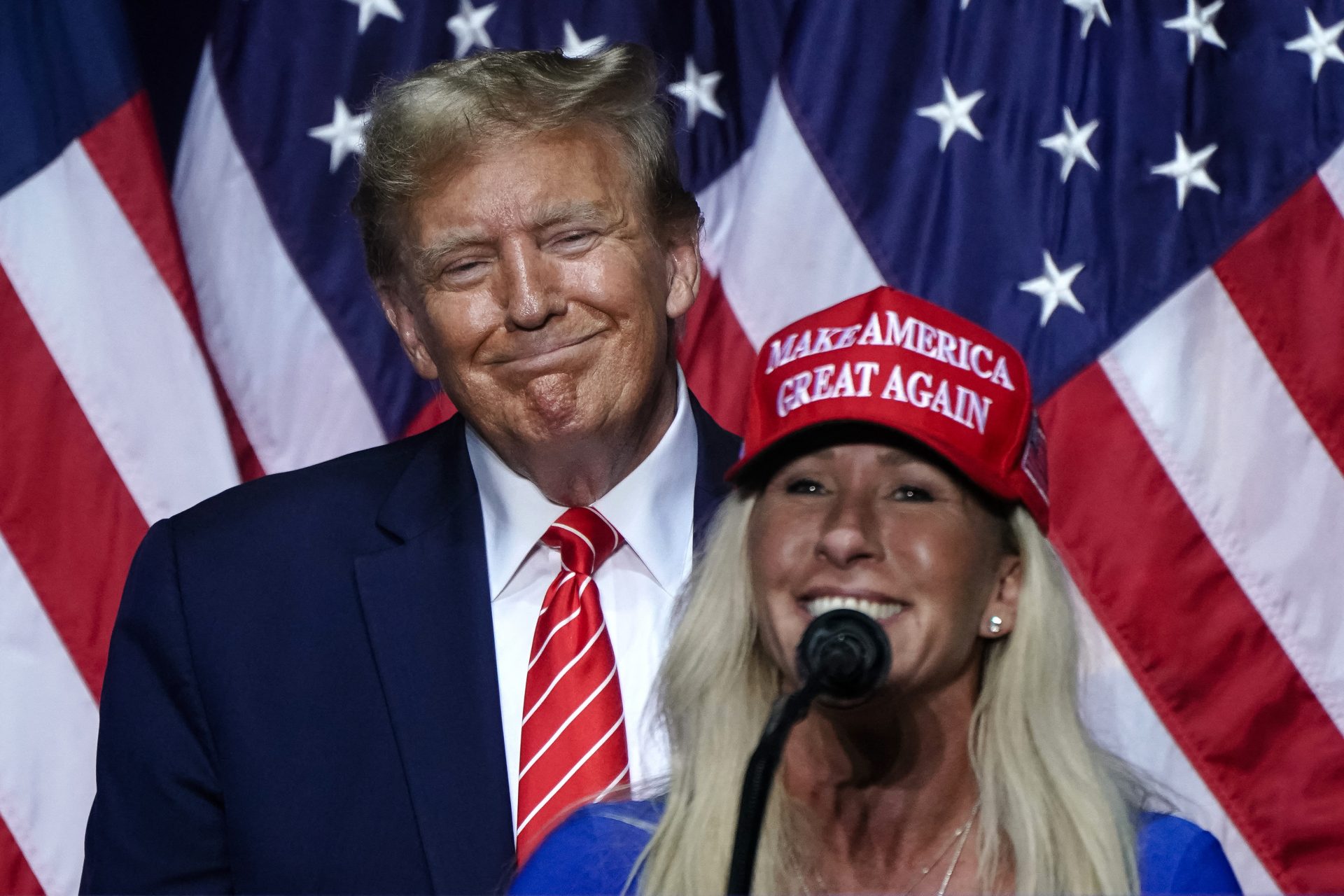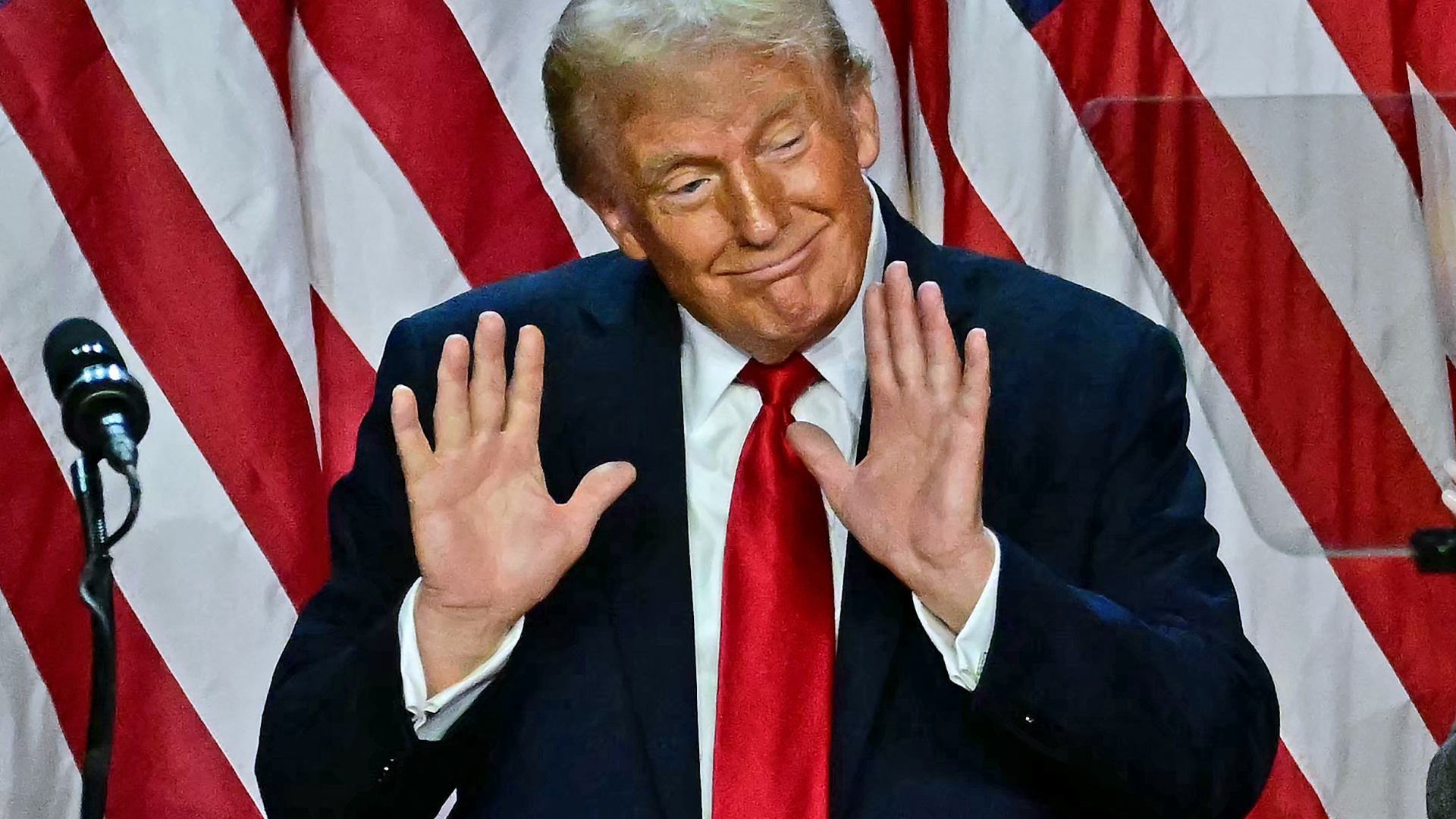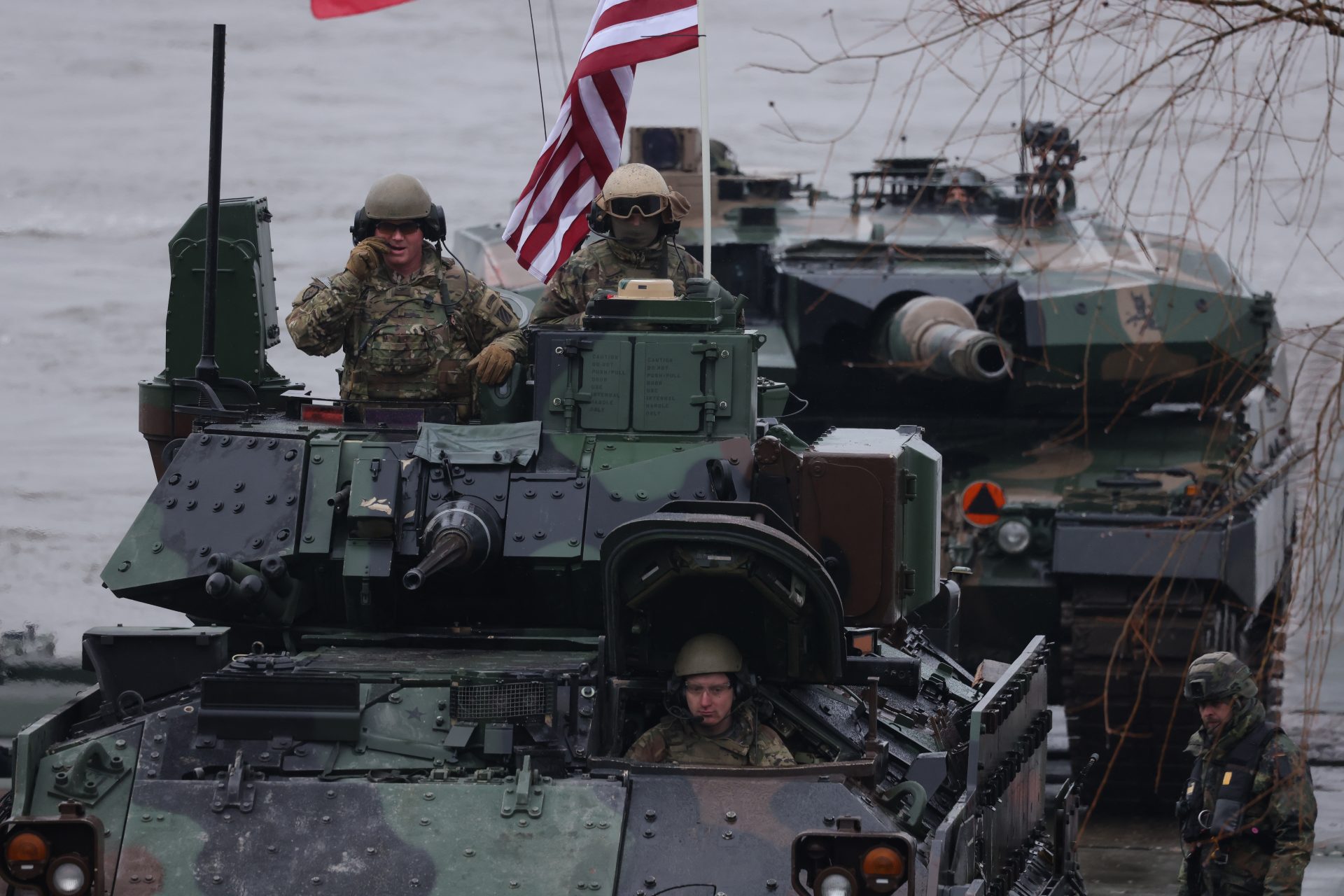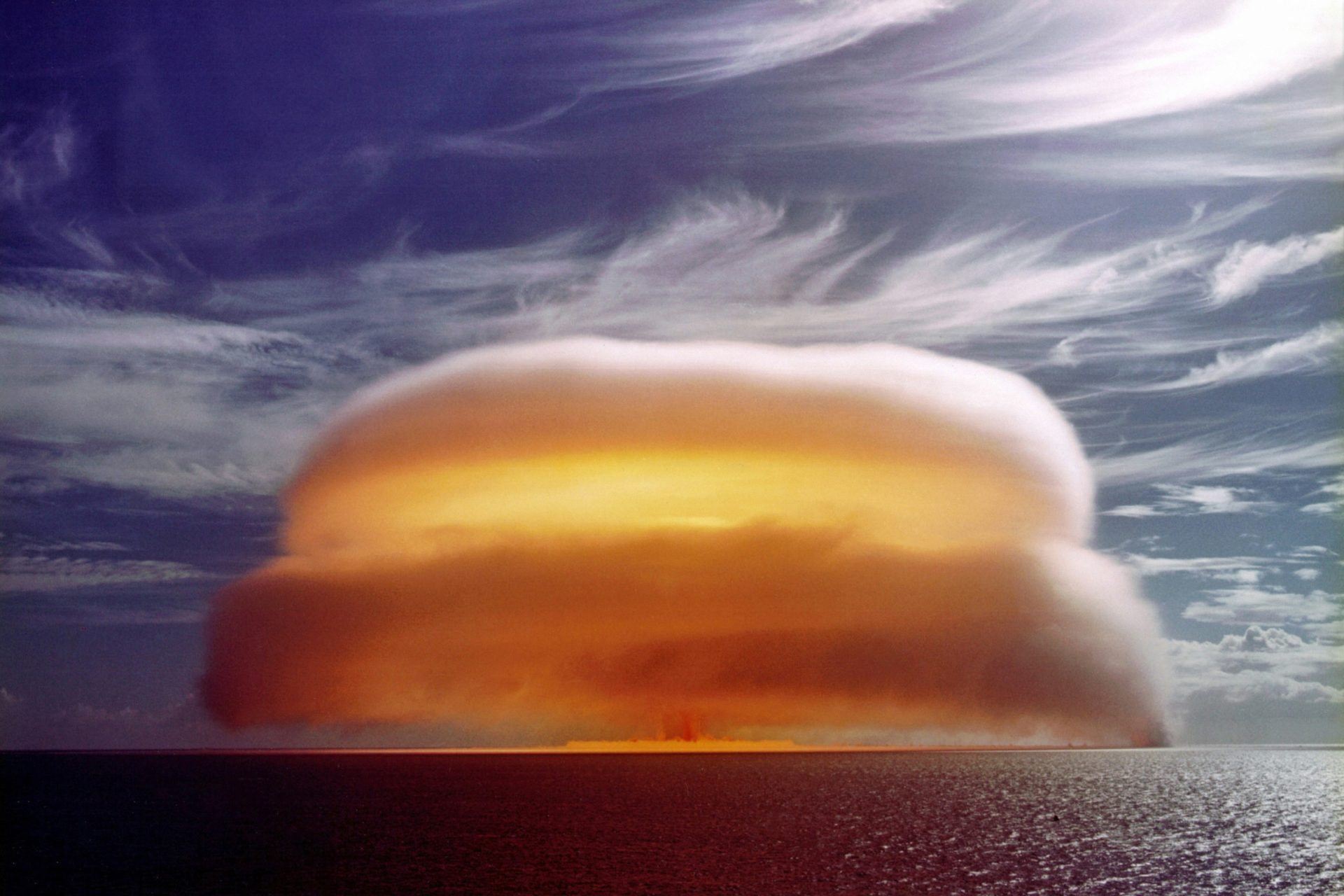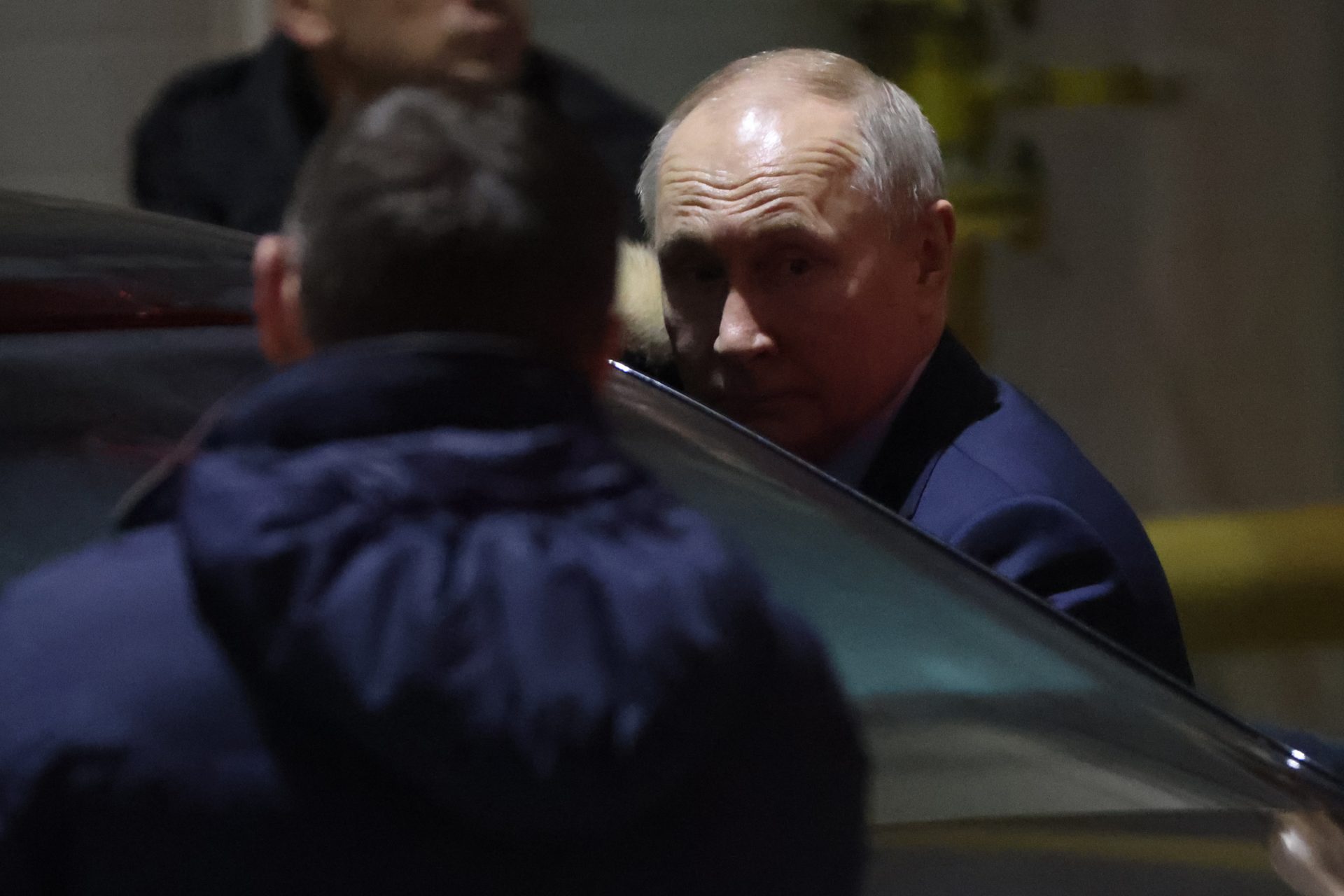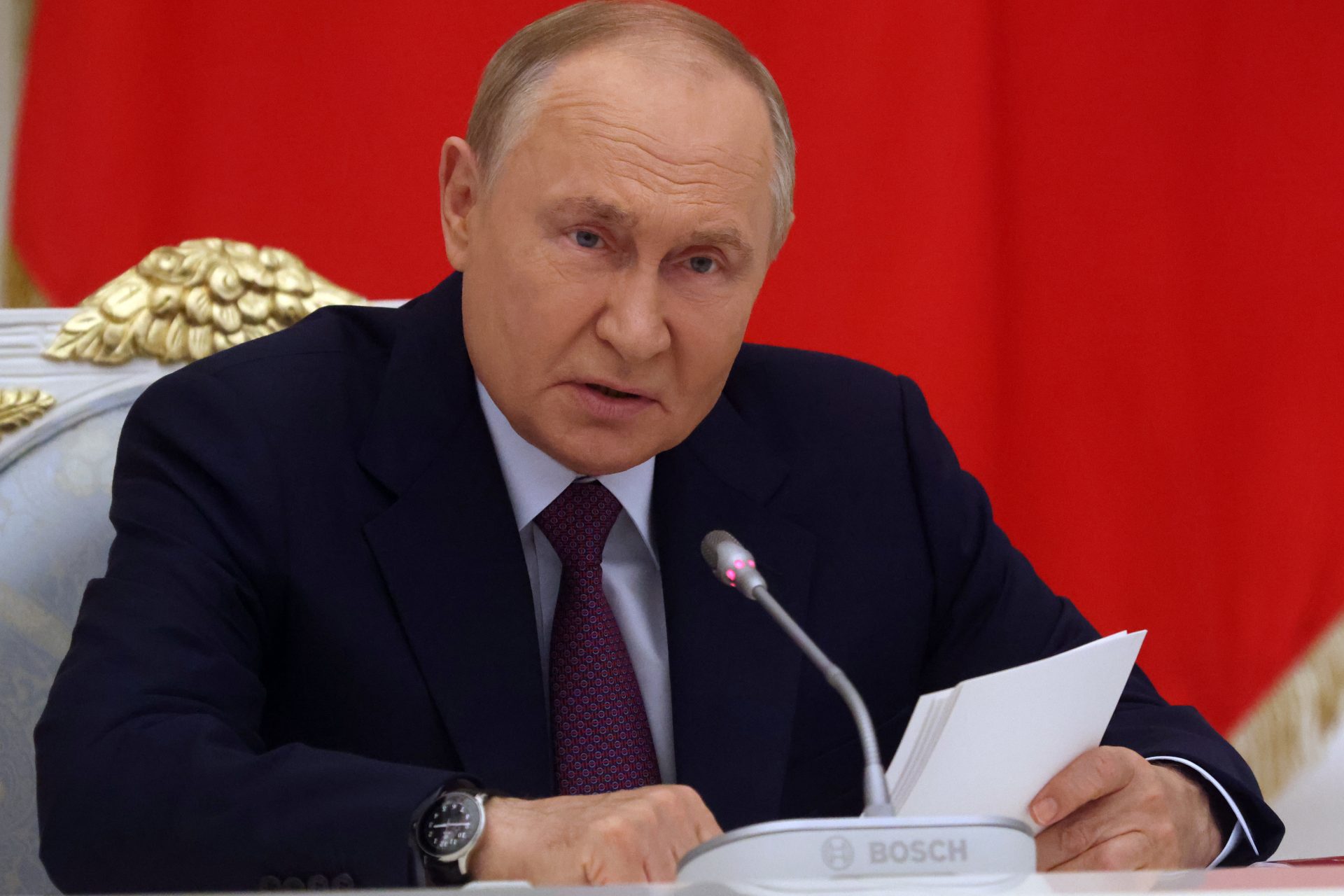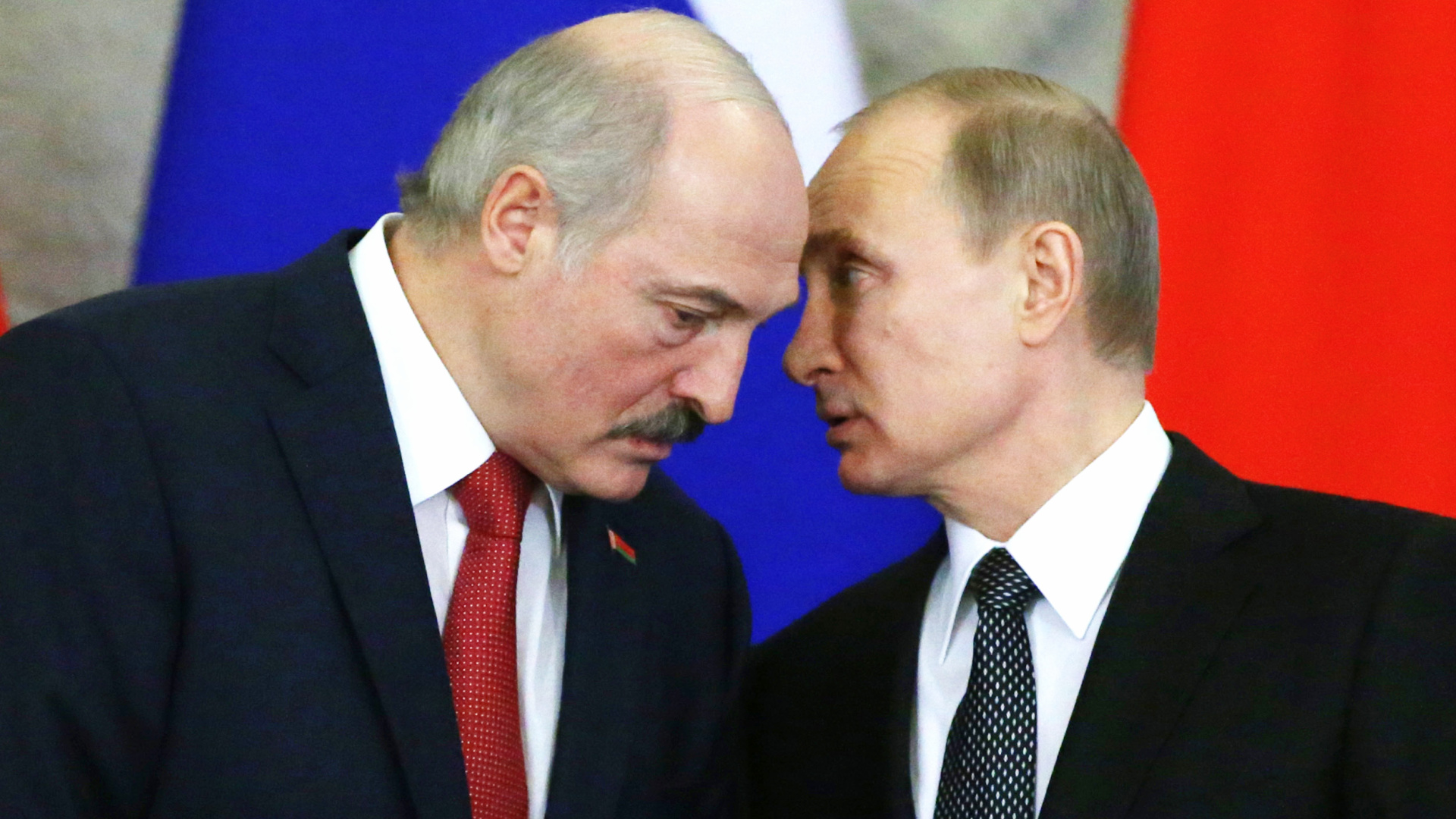Amazing women in politics from around the world
The UN reports that a record number are now women heads of state or government worldwide. Some have had an incredible journey and faced significant obstacles to get to where they are today. Join as we take a look at some of the most powerful women in politics.
Her name may not be familiar to you, but Sirimavo Bandaranaike was the first woman in history to be democratically elected to head a government in 1960. She ruled Sri Lanka three times until her death in the year 2000.
The Asian continent has definitely been in the spotlight since the second female head of government, Indira Gandhi, was elected in India. She was Prime Minister from 1966 to 1977, then from 1980 to her assassination in 1984. Her journey was marked by the Indo-Pakistani war and the development of the Indian nuclear program.
Golda Meir was the first woman to lead the Israeli government, which she did from 1969 to 1974. After growing up in Ukraine and living in the United States, the "grandmother of Israel" participated in the country's independence process in 1948. Her stint was marked by the Israeli victory in the Yom Kippur War in 1973.
The third wife of Juan Perón, the famous Argentinian statesman, Isabel Martínez de Perón, succeeded her husband when he died in 1974. Overthrown by the military junta two years later and imprisoned for several years, she went into exile in Spain in 1981.
A controversial but significant figure for the United Kingdom, Margaret Thatcher, was the first woman to lead a British government from 1979. Her firmness inside and outside her country earned her the nickname "Lady of iron. "
The first female president of the Philippines, from 1986 to 1992, is at the origin of a new constitution adopted in 1987. But Corazon Aquino also had to resist several attempts at military coups.
Tansu Çiller was the first and remains the only woman to have led the Turkish government. This economist by training enabled Turkey to conclude a free trade agreement with the European Union.
We no longer need to introduce Angela Merkel, who became the first Chancellor of the Federal Republic of Germany in 2005 and who remained in power for sixteen years. Her mandates have been marked by a series of crises and firm decisions, from the financial crisis of 2008 to Covid-19, including the closing of nuclear power plants and the reception of migrants in 2015.
Africa's first (and longest-serving) female head of state is Ellen Johnson Sirleaf, who was elected in Liberia in 2006. Until her departure in 2018, "Ma Ellen" was employed to reduce her country's high debt.
In the same year, Michelle Bachelet became the first woman to preside over the Republic of Chile after serving as the first female Minister of Defense in all of Latin America. She is now the head of the United Nations High Commissioner for Human Rights Office.
Also, in the Andes region, Nestor Kirchner's wife succeeded her husband as President of Argentina in 2007. After serving two terms until 2015, Cristina Kirchner returned in 2019 as Vice President.
In the large neighboring state of Brazil, Dilma Roussef succeeded the emblematic Lula in 2011. The mandate of the country's first female president was marked by a deterioration in the Brazilian economic situation and by cases of corruption until her dismissal in 2016.
Unlike her husband Bill, Hillary Clinton did not succeed in being elected president of the first world power: she was beaten by Donald Trump in the 2016 American elections. But for several years, she led the diplomacy of the United States, and she has so far been the only woman able to run for president.
Following David Cameron's lost referendum on Brexit, Theresa May became the second female Prime Minister of the United Kingdom in 2016. Her time in Downing Street was marked by her difficulties in negotiating the exit from the European Union. Boris Johnson was her successor, elected in 2019.
The former German minister failed to succeed Angela Merkel as Chancellor, but she has chaired the European Commission since 2019. Between the Covid-19 crisis, the European recovery plan, and the raging conflict in Ukraine, she faces more significant challenges than ever at the helm of the EU.
In January 2021, Estonian Kaja Kallas became Prime Minister of the Baltic state. Six of the eight northern European countries (Estonia, Lithuania, Finland, Denmark, Norway, and Iceland) were led by women at that time. Is it the beginning of a fundamental movement?
As we can see, many women have held or still hold the highest offices in the four corners of the planet. But inequalities persist since their proportion among heads of state or government is still only 21% globally. Gender equality in politics is progressing little by little, but there is still a long way to go...
More for you
Top Stories
























